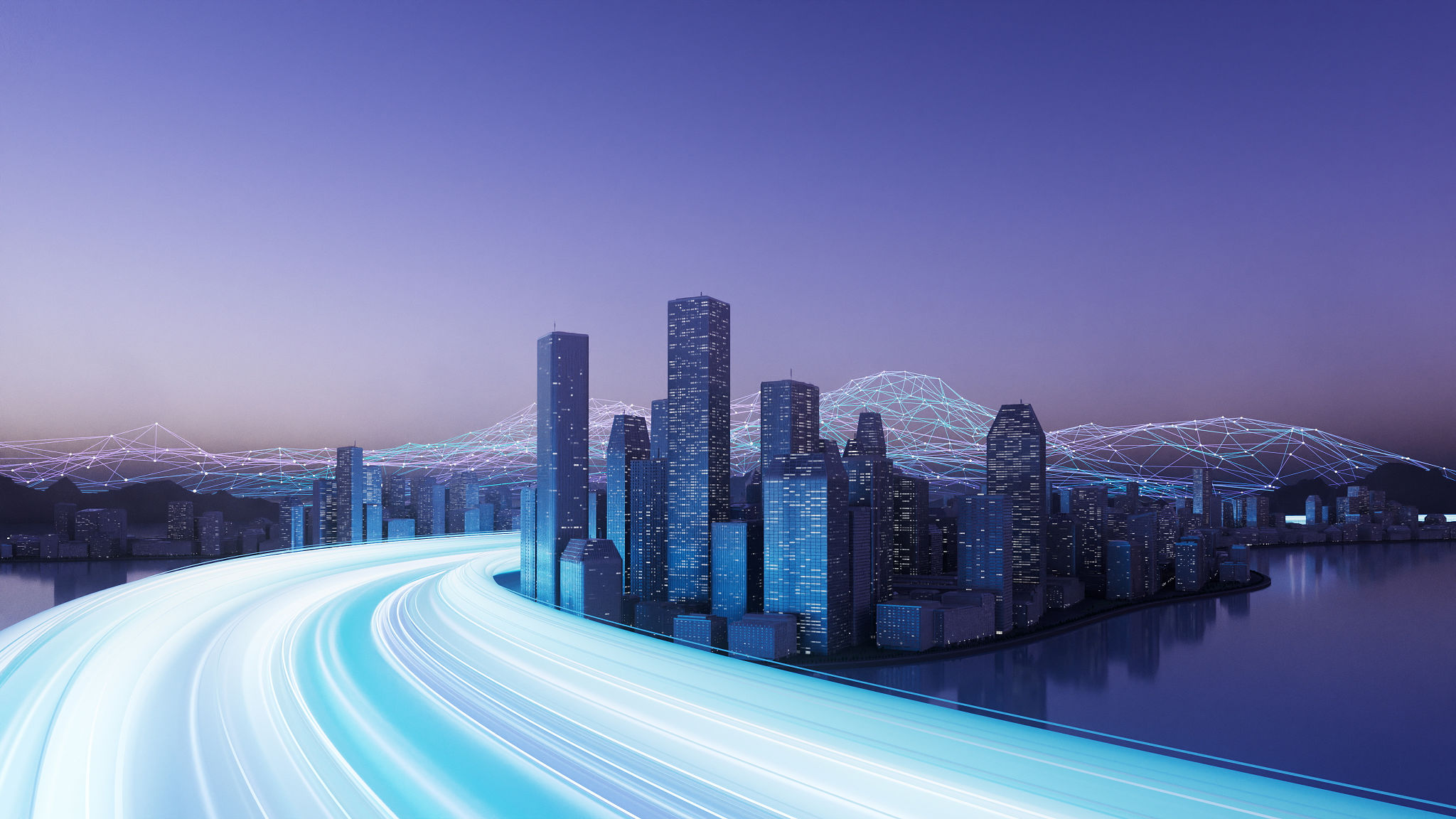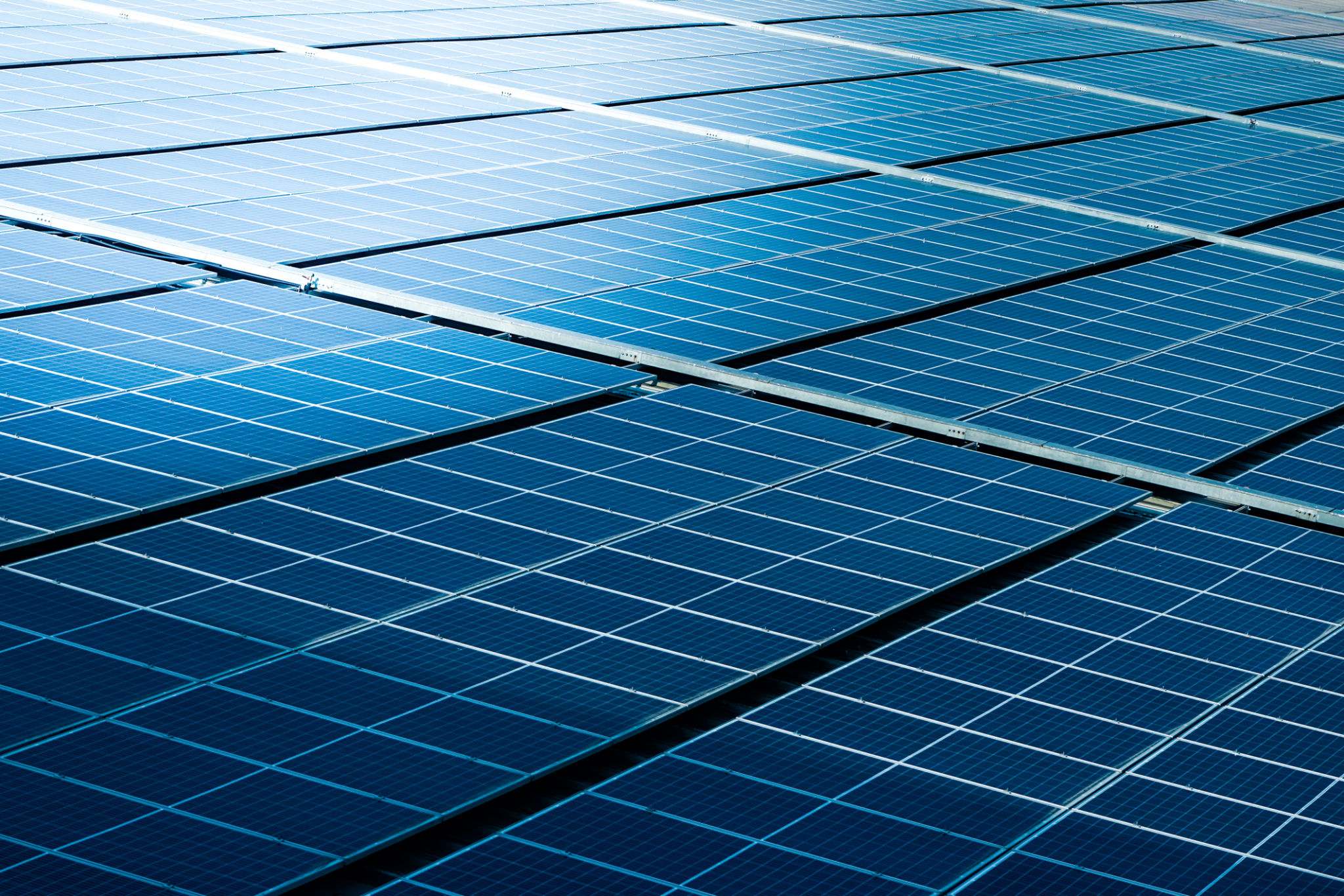How Dubai's Construction Industry is Moving Towards Net Zero
The Push for Sustainability in Dubai's Construction Sector
Dubai's construction industry is undergoing a transformation as it embraces the global trend towards sustainability and net-zero carbon emissions. As a city renowned for its architectural marvels, Dubai is now setting its sights on becoming a leader in eco-friendly construction practices. This shift is driven by both regulatory frameworks and the growing demand for sustainable living.
The city's strategic location and rapid urbanization have long positioned it as a hub for construction innovation. However, with the UAE's commitment to the Paris Agreement and the nation's Vision 2021, there is a newfound urgency to reduce the carbon footprint of its buildings and infrastructure.

Innovative Building Techniques
One of the key strategies in Dubai's move towards net zero is the adoption of innovative building techniques. Green building standards, such as the Leadership in Energy and Environmental Design (LEED) certification, are becoming increasingly prevalent. These standards encourage the use of eco-friendly materials and energy-efficient designs.
Additionally, the integration of smart technologies is revolutionizing how buildings are constructed and operated. From energy management systems to smart lighting solutions, these technologies help reduce energy consumption and improve overall efficiency.

Renewable Energy Integration
Renewable energy plays a crucial role in Dubai's journey to net zero. The city is investing heavily in solar energy projects, exemplified by the Mohammed bin Rashid Al Maktoum Solar Park, one of the largest in the world. This park not only supplies clean energy but also sets a precedent for future projects.
Moreover, the construction industry is increasingly incorporating solar panels and other renewable energy sources into building designs. This integration helps reduce reliance on non-renewable energy and supports the city's sustainability goals.

Government Initiatives and Policies
The Dubai government has introduced several initiatives to support the construction industry's sustainability efforts. The Dubai Green Building Regulations and Specifications set stringent guidelines for new constructions, ensuring they meet specific environmental standards.
Incentives, such as tax breaks and subsidies, are also in place to encourage developers to adopt green building practices. These measures not only facilitate the reduction of carbon emissions but also promote economic growth through sustainable development.

The Role of Public and Private Sectors
Collaboration between the public and private sectors is essential for achieving net zero in Dubai's construction industry. Public-private partnerships are fostering innovation and providing the necessary resources to implement large-scale sustainable projects.
Developers, architects, and engineers are working closely with government agencies to align their projects with the city's sustainability targets. This cooperation ensures that best practices are shared and that the industry moves forward cohesively.

Challenges and Opportunities
While the journey towards net zero presents numerous challenges, such as the need for significant investment and the adaptation of existing infrastructure, it also offers valuable opportunities. The push for sustainability is driving technological advancements and creating new markets for green products and services.
As Dubai continues to grow and evolve, its construction industry is proving that economic development and environmental responsibility can go hand in hand. By prioritizing sustainability, Dubai is not only enhancing its global reputation but also ensuring a healthier future for its residents.
